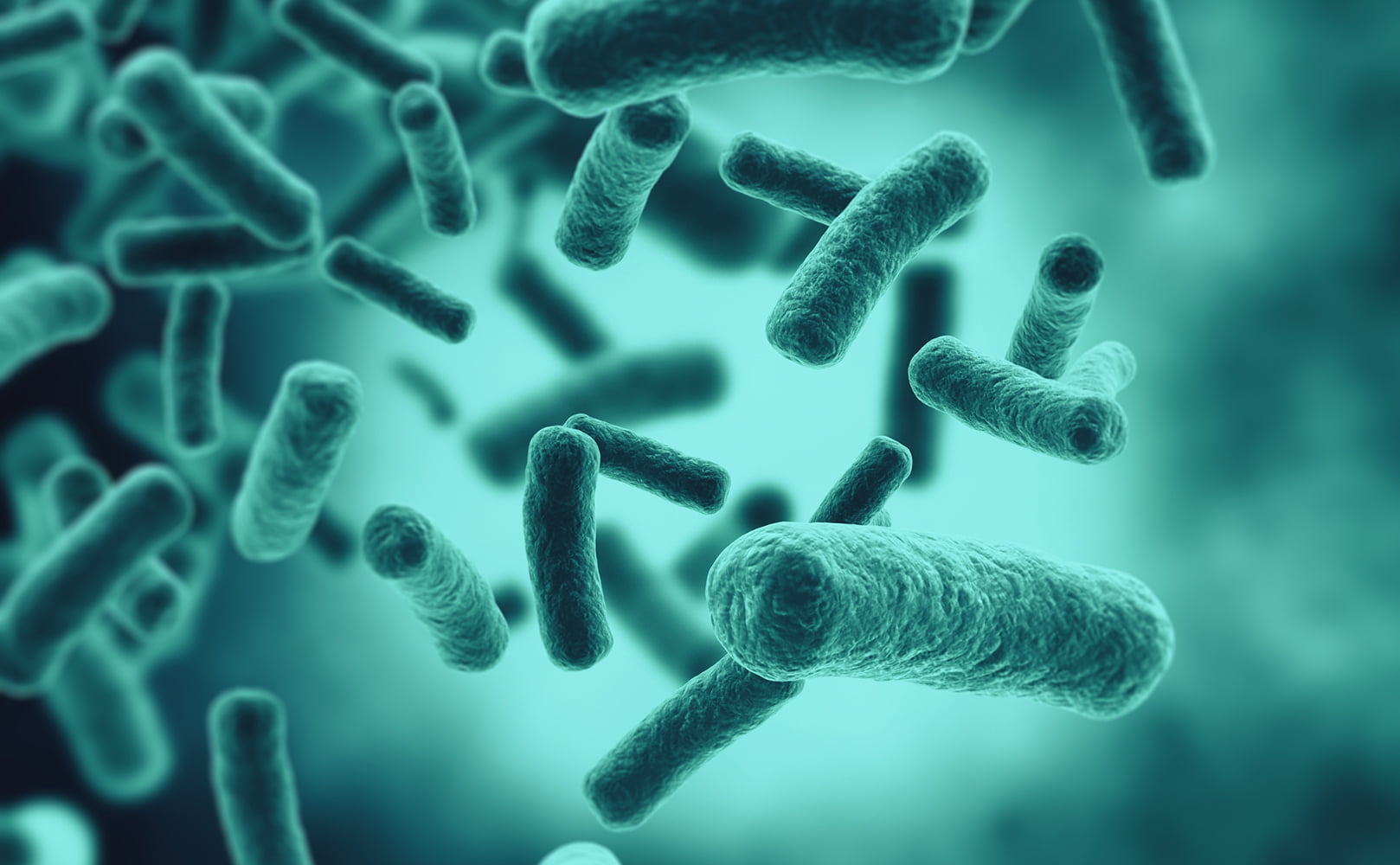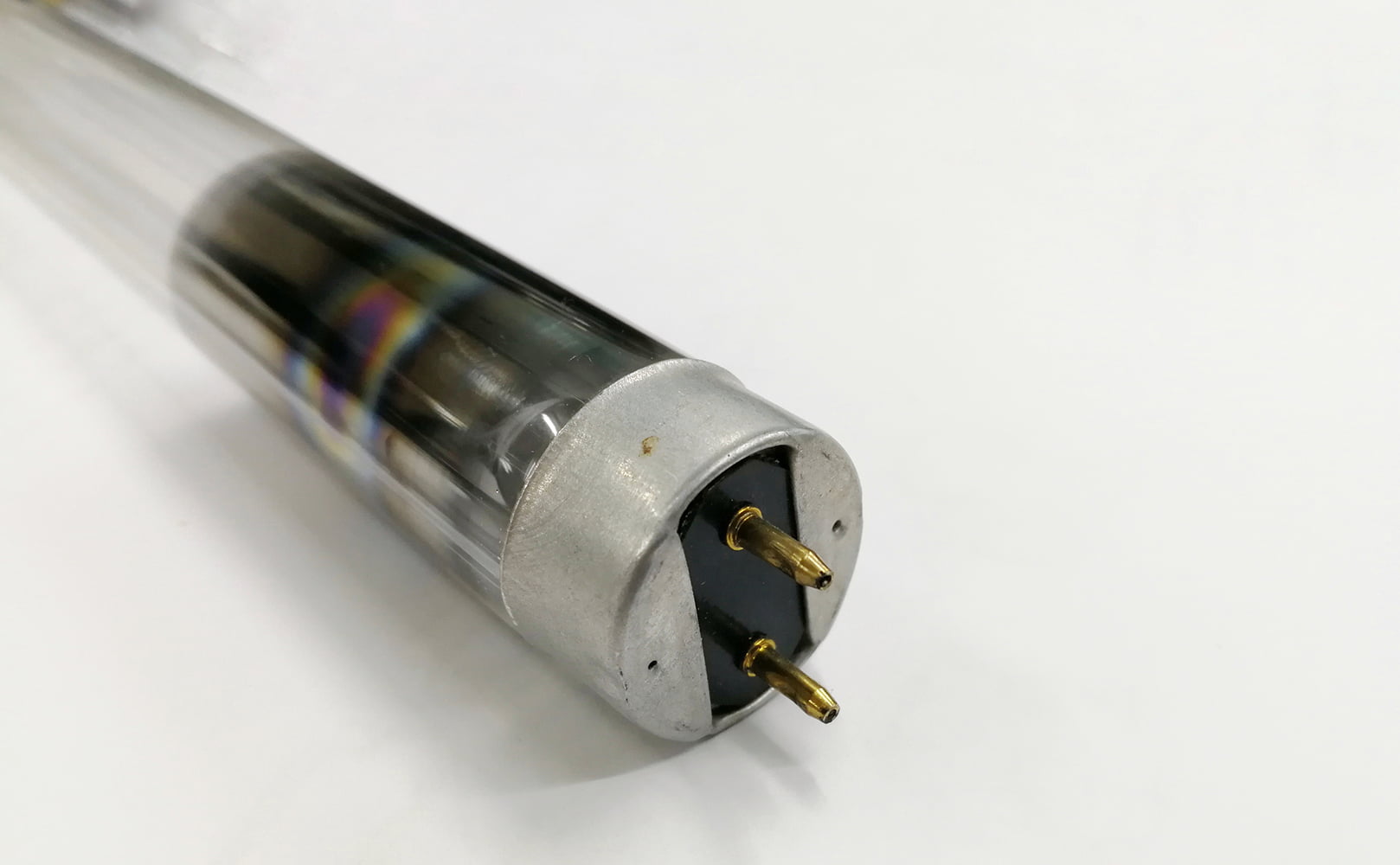Do UV Water Purifiers Kill Viruses? Let’s Find Out!
Written by: Gene Fitzgerald // Last Updated: Sep 13, 2022
This page may contain affiliate links. If you buy a product or service through such a link we earn a commission at no extra cost to you. Learn more.
What Is UV Water Purification and How Does It Work?
UV water purification is a popular method for sterilizing water, used both in domestic and industrial environments.
It works by emitting UV light through water that passes the purification system, which effectively kills most microorganisms. For one, a properly functioning UV water purification system can easily kill off 99.9% of bacteria in the water supply, sterilizing it much better than most other commercially available methods.
But does UV water purification also kill viruses?
Key Takeaways
- UV water purifiers do kill viruses.
- When exposed to ultraviolet light, viruses will instantly die, which leaves you with clean and safe-to-drink water.
- UV light is also powerful and effective in eliminating other microorganisms including cysts and bacteria.
How Does Ultraviolet Light Kill Microorganisms?
UV light is harmful to microorganisms. It affects their DNA and RNA and leaves them incapable of basic functions, including reproduction. Ultraviolet light has been shown to be one of the most effective methods for dealing with microorganisms in many regards. It’s contact-free and doesn’t introduce any chemicals into the water supply.
It’s not a perfect solution though – for example, the dead bodies of microorganisms killed by the light will still remain in the water supply. In fact, nothing will be removed from water using UV purification. This makes it important to combine it with additional filtration methods for the best results.
Do UV Water Purifiers Kill Viruses?
Yes, UV water purifiers kill viruses. In fact, they’re among the best suited on the common market for this purpose. If you’re primarily concerned with disinfecting your water supply (as opposed to, for example, removing particles from it), this will probably be the best option you can go for.
Practically no viruses are going to survive the purification process, which will leave you with clean, safe to drink water.
How Long Does It Take to Kill Viruses in Water?
One of the best things about UV water purification is that it works almost instantly. Viruses die as soon as they’re exposed to UV light, which is what makes this method so powerful. As long as your system is properly adjusted for the water flow of your home’s plumbing, it will be able to sterilize all water passing through it with no delay.
This is great in comparison to systems that require you to wait for the disinfection to complete, which can sometimes take a long time if you’ve just turned the system on for the first time in a while.
What Else Does a UV Water Purifier Remove?
Free chlorine can also be removed by UV water purification, though it requires at least a medium-pressure system to be effective. Most UV water purifiers also come with a pre-filtration step that removes solid particles from the water supply before it enters the UV chamber.
This means that you can reduce the general contamination level of your water by using a UV water purifier, even though it’s not the main intended purpose of this type of system.
Is UV Purification Effective Against All Types of Microorganisms?
Yes! All kinds of microorganisms are affected the same way by UV light, including viruses, cysts, and bacteria. Your purifier will effectively kill off almost all microorganisms in your water supply, as long as it’s maintained properly. A very small number will still remain – less than 0.01% in most cases – but it will be practically insignificant with regards to affecting your health.
Does UV Light Work in All Water Conditions?
UV purification requires some prerequisites in order to work properly. Most importantly, the water has to be as clear as possible. Any particles floating around will absorb the UV rays and will prevent the purifier from working efficiently. This is why UV purification systems require some regular maintenance to keep them in a good condition. You will have to frequently clean the quartz sleeve encasing the UV light bulb, for example.
As long as your water is clear enough though, that’s all there is to it. UV purification can work equally well on water coming from a number of different sources.
Pre-Treatment
For the above reasons, pre-treatment of your water supply is important if you want to get the best results from your UV purifier. UV purification systems commonly rely on a pre-filtration step to bring the water to a condition where it can be easily sterilized by the system. This step may be integrated into the UV filtration system itself, or it could be done by a separate device.
In any case, keeping the pre-filter in good condition is essential for the optimal operation of the system as a whole. You should regularly inspect it and swap out old filters as they get worn out. With some models, you might have to perform this maintenance more frequently than you would clean the UV filter itself.
Do UV Water Purifiers Require Maintenance?
A UV water purifier requires some ongoing maintenance to keep it in good working order. You should regularly clean the quartz sleeve to prevent it from becoming too dim. This will ensure that it allows enough UV light to pass through. Additionally, you should inspect all seals and fittings from time to time to check for leaks.
No matter how thoroughly you try to keep your quartz sleeve clean, it will eventually accumulate a permanent layer of grime and require complete replacement. How often this should be done depends on the specific model you’re using, but at the most, you should do it every two years to stay safe.
Finally, you must swap out the UV light bulb every year or so. While UV lamps don’t burn out like normal bulbs do, they do lose their intensity over time. Most bulbs have lost about 40% of their intensity after 9,000 hours of continuous use, which is a little over one full year.
Pros & Cons of UV Water Filtration
Pro: Fast and Effective
UV water filtration is one of the fastest and most effective methods for sterilizing water. Once you’ve got it hooked up to your home’s water supply, you won’t even know it’s there. There’s no annoying waiting involved when you need to get a glass of clean water.
Pro: Doesn’t Use any Chemicals
Unlike some other filtration methods, UV water purification doesn’t use any chemicals to accomplish its goal. This means that it doesn’t leave any deposits in the water, and doesn’t affect its taste or smell.
Pro: Low Maintenance
As long as you remember to replace the UV light bulb and quartz sleeve regularly, and you keep your UV purification unit clean, you don’t need to do much else to keep it running properly. Most UV water purifiers are designed to require very little maintenance.
Con: Doesn’t Physically Remove Contaminants
If you’re concerned with removing all contaminants from your water and not just killing microorganisms, UV purification will be insufficient. You will have to combine it with other filtration methods to ensure that your home’s water supply is as safe as possible.
In fact, depending on the contents of your water, you might even find UV purification to be ineffective if there is too much contamination that prevents UV light from reaching bacteria etc. properly.
Con: Requires Electricity to Run
A UV water purifier requires electricity to run, meaning that if your home’s power goes out, you will also be left without disinfected water. What’s potentially worse is that water could still be able to pass through the purifier as it doesn’t rely on any built-in pumps. This means that you might end up drinking contaminated water for some time until you discover that the purifier has been shut off.
Are UV Water Purifiers Safe?
UV water purifiers are completely safe to use, and are actually recommended for people concerned with keeping their water healthy and safe to drink. They don’t deposit any potentially harmful chemicals in the water supply and don’t modify its contents in any other way. The purifier simply kills microorganisms and that’s it. The chemical structure of water is not affected from being exposed to UV light, so you shouldn’t worry about any unexpected impact to your water supply.
If you have any thoughts about the question, do UV water purifiers kill viruses, please don’t hesitate to leave a comment below!
Information provided on BOS is for educational purposes only. The products and services we review may not be right for your individual circumstances.
We adhere to strict editorial guidelines. Rest assured, the opinions expressed have not been provided, reviewed, or otherwise endorsed by our partners – they are unbiased, independent, and the author’s alone. Our licensed experts fact-check all content for accuracy. It is accurate as of the date posted and to the best of our knowledge.



